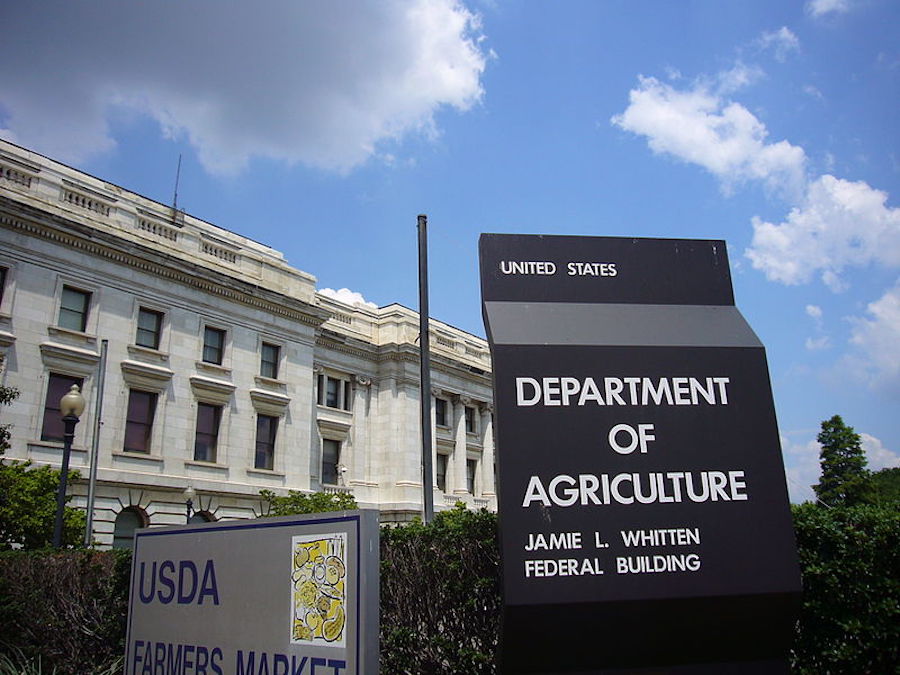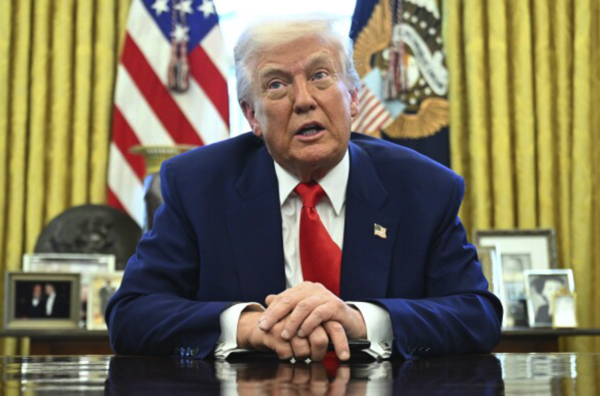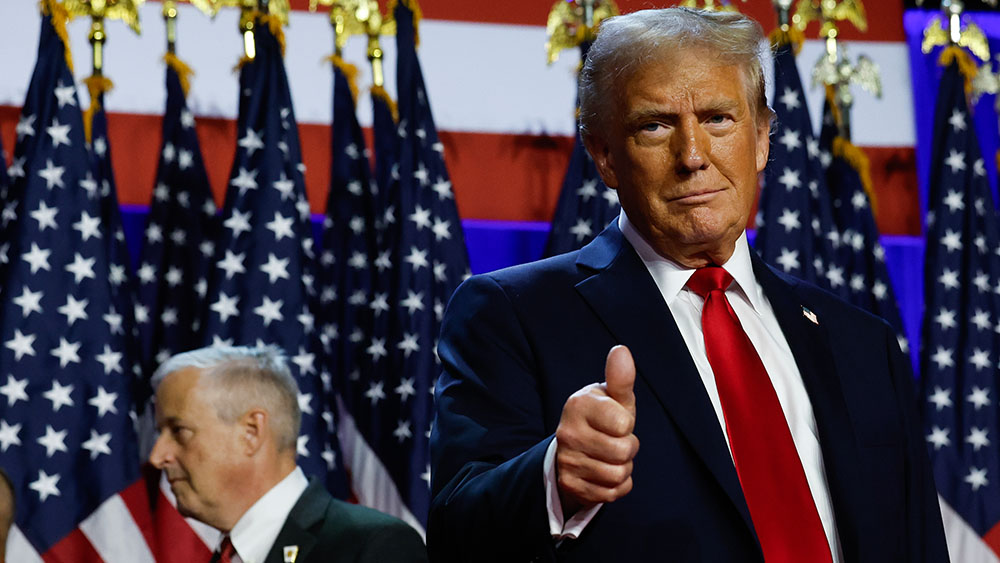 Parler
Parler Gab
Gab
- China owes the U.S. over $1 trillion in defaulted bonds issued by its pre-1949 government, refusing to honor them despite legal obligations under international law.
- China has reduced its U.S. debt holdings from $1.3 trillion (2016) to $759 billion (2024), diversifying through initiatives like the AIIB but risking currency instability by abandoning Treasury bonds.
- U.S. lawmakers propose offsetting China’s Treasury debt against its defaulted bonds and restricting its market access to force compliance with financial norms.
- China can’t easily dump Treasuries without harming its own economy—devaluing the yuan, hurting exports and lacking viable alternatives to the dollar.
- The standoff underscores deep interdependence; neither side can fully weaponize the debt issue, making negotiation inevitable to avoid global financial instability.
Historical debt dispute: China’s $1 trillion default on U.S. bondholders
The roots of the debt controversy stretch to the 20th century. Before the Communist Party’s 1949 victory, the Nationalist-led Republic of China (ROC) issued gold-denominated bonds to fund infrastructure and wartime efforts. When the ROC defaulted in 1938 amid its war with Japan, the issue lingered after China’s communist takeover. Under international law’s “successor government” doctrine, the People’s Republic of China (PRC) is legally obligated to honor these debts. Yet today, American bondholders hold over $1 trillion in defaulted ROC bonds, many in the hands of the citizen-led American Bondholders Foundation (ABF). “Successive U.S. administrations have sidestepped this issue,” wrote Andrew Hale of the Heritage Foundation in The Hill, “assuming China would embrace Western norms. That hasn’t happened.” The British precedent of 1987 underscored the issue’s urgency: then-U.K. Prime Minister Margaret Thatcher forced China to honor similar debts as a condition for accessing British markets. The U.S., however, has offered no such leverage.Geopolitical shift: U.S. Treasury holdings and strategic realignments
While the U.S. aims to hold China accountable for its defaulted bonds, Beijing has been diminishing its exposure to U.S. debt. Since its peak of $1.3 trillion in 2016, China’s holdings dropped to $759 billion by December 2024, according to the U.S. Treasury, now second to Japan’s $1.06 trillion. Analysts attribute this shift to China’s broader economic diversification, including its creation of the Asia Infrastructure Investment Bank (AIIB), signaling reduced dependence on U.S. financial systems. Yet China’s dwindling Treasury purchases contradict economic logic: holding U.S. debt allows it to recycle trade surpluses into a stable asset, shielding its currency. Shobhit Seth, in an analysis for Investopedia, noted that Beijing’s export-led growth model relies on suppressing the yuan’s value against the dollar to keep exports competitive. Selling Treasuries would flood global markets with dollars, weakening its currency advantages. “China faces a Catch-22,” Seth explained. “Liquidating bonds risks self-inflicted economic harm, but continued holdings prop up a rival it now views as an adversary.”Congressional calls for debt offset and financial countermeasures
Legislators are pushing bold solutions to sever the entanglement. Hale advocates two measures: first, using the ABF’s defaulted bonds to offset China’s Treasury holdings, cutting U.S. liabilities while pressuring Beijing to settle claims. Second, Congress could bar China from U.S. capital markets unless it abides by international financial norms, including honoring debts. “A bipartisan consensus exists,” Hale argued. “With strained U.S.-China relations, now is the time to enforce rules Beijing has flouted.” Senator Joni Ernst’s December 2023 bill exemplified this approach, requiring audits of Pentagon funds sent to Chinese entities and labs. Meanwhile, Heritage Foundation analysts stress that defaulted bond resolution could save U.S. taxpayers money: the Treasury pays $95 million daily in interest to China, Hale noted, funds better redirected elsewhere.Why China’s Treasuries sell-off threat is overhyped—mutually assured economic damage
Despite alarmist claims, experts doubt Beijing would abruptly dump U.S. Treasuries. Such a move would backfire, as Seth detailed:- Currency Consequences: A yuan appreciation would cripple Chinese exporters, risking mass unemployment.
- Market Fire Sale: Flooding bond markets with Treasuries would spike U.S. interest rates, hurting global growth—hitting China’s export demand.
- Reserve Alternatives: No credible currency rivals the dollar’s stability, leaving Beijing’s reserves exposed if it shuns Treasuries.
Conclusion
The U.S.-China debt stalemate reflects a deeper clash over economic power and fidelity to global norms. While Congress seeks to leverage Beijing’s past defaults against its current Treasury holdings, historical parallels and market realities suggest neither nation can fully weaponize the bond dispute. Instead, the interdependence—rooted in decades-old bonds and mutual economic interests—may force a negotiated settlement. As Hale warned, resolving this issue “is not only just for bondholders but a strategic imperative for U.S. interests.” Until then, the world’s two economic superpowers remain in a standoff, each reliant on the other’s cooperation even as trust erodes. Sources include: TheHill.com Investopedia.com RealClearInvestigations.comTrump administration unleashes U.S. timber and mineral production amid supply chain concerns
By Willow Tohi // Share
Trump exempts smartphones, computers and key electronics from new tariffs on Chinese imports
By Kevin Hughes // Share
Trump floats plan to replace income tax with tariff revenue
By Laura Harris // Share
U.S. import prices unexpectedly fall in March as inflation pressures ease
By Laura Harris // Share
Declining imports signal shift in China’s energy strategy
By Belle Carter // Share
New York proposes blockchain integration in public payments
By Belle Carter // Share
Governments continue to obscure COVID-19 vaccine data amid rising concerns over excess deaths
By patricklewis // Share
Tech giant Microsoft backs EXTINCTION with its support of carbon capture programs
By ramontomeydw // Share
Germany to resume arms exports to Israel despite repeated ceasefire violations
By isabelle // Share









